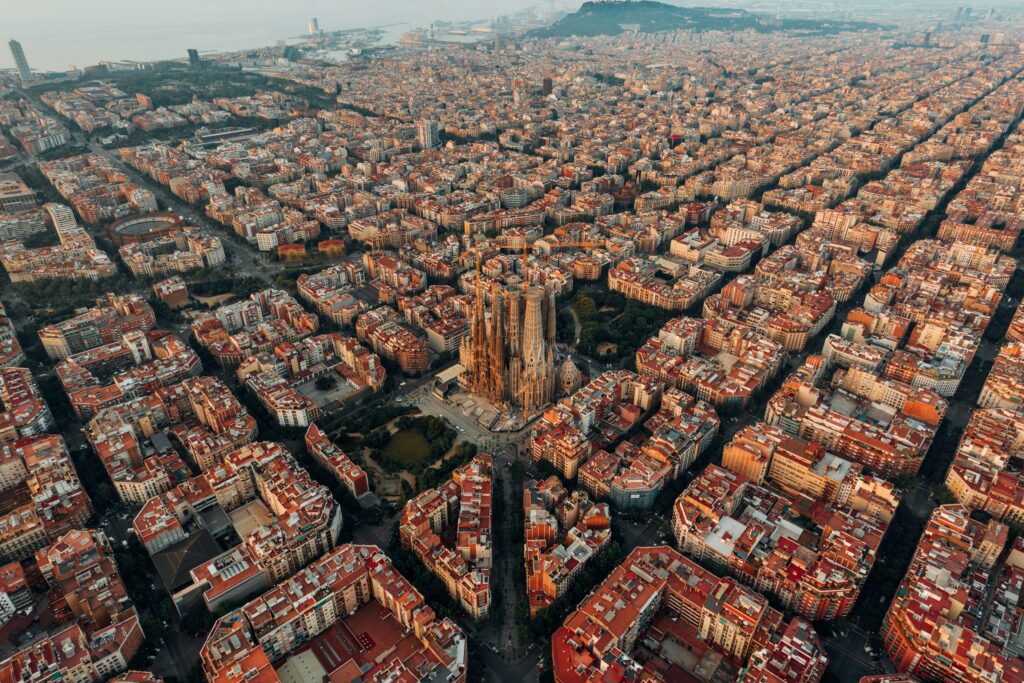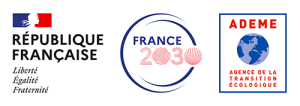Barcelona and its suburbs are facing a historic drought, requiring drastic measures to cope with an unprecedented water shortage. This water crisis, which has persisted for almost three years, prompted the Catalan metropolis to declare a state of emergency at the beginning of February. This decision comes after record temperatures in Spain, exceeding 30°C in the middle of winter.

The restrictions imposed affect agriculture, with a drastic 80% reduction in water consumption, compared to the 40% previously in force. Industry, on the other hand, will have to reduce it by 25%, instead of 15%. The maximum consumption ceiling for residents has been lowered in all 202 communes, and further adjustments could be considered if the situation persists. Six million people in the region will also feel the effects of this restriction, with reduced water pressure at their taps.
The emergency plan includes a ban on filling swimming pools and washing cars, while watering green spaces will only be allowed with non-potable water to protect trees in public gardens.
Faced with a steady decline in reserve levels, the authorities are considering more restrictive measures, such as a total ban on watering or even the closure of showers in sports halls. Water supply by boat could become a viable option if rainfall continues to elude us. This solution is also being considered in Andalusia, where reservoirs are also at their lowest.
For Pere Aragonès, President of the Government of Catalonia, “Catalonia is suffering its worst drought in a century“. The current rainfall deficit in Catalonia is unprecedented since records began in 1916. Reservoir levels, which store rainwater for use in drier months, have fallen below the 16% mark.
This water crisis raises major concerns about the sustainability of water supplies and highlights the need for adaptation measures in the face of climate change. The authorities are actively working on short- and long-term solutions to guarantee the region’s water security, but the situation remains tense, and the population is being called on to help preserve water resources.
Read the testimonials of local residents in the article by Sandrine Morel, Le Monde.
